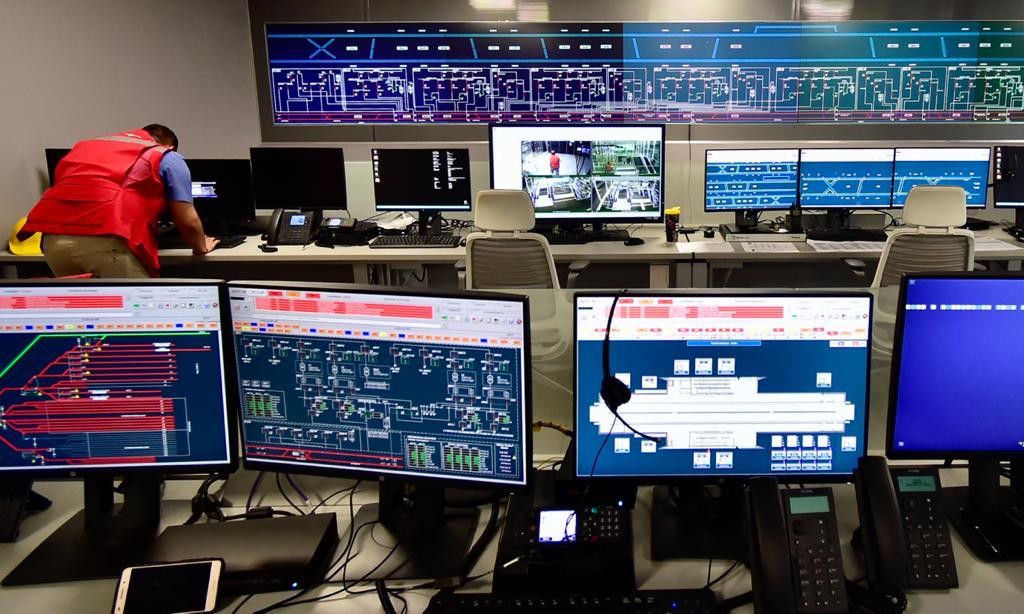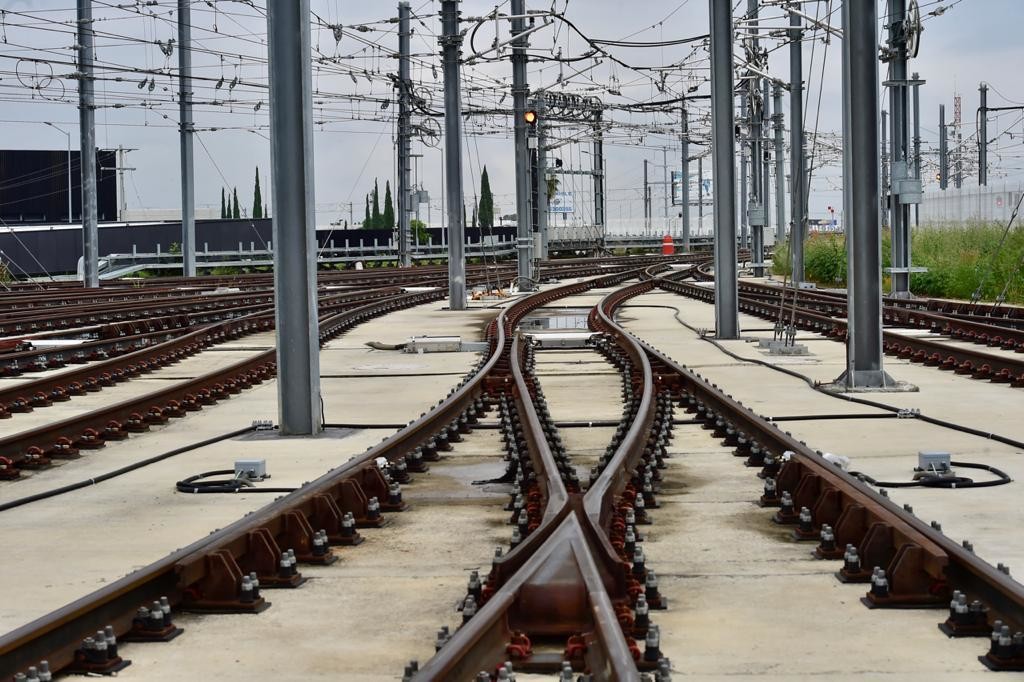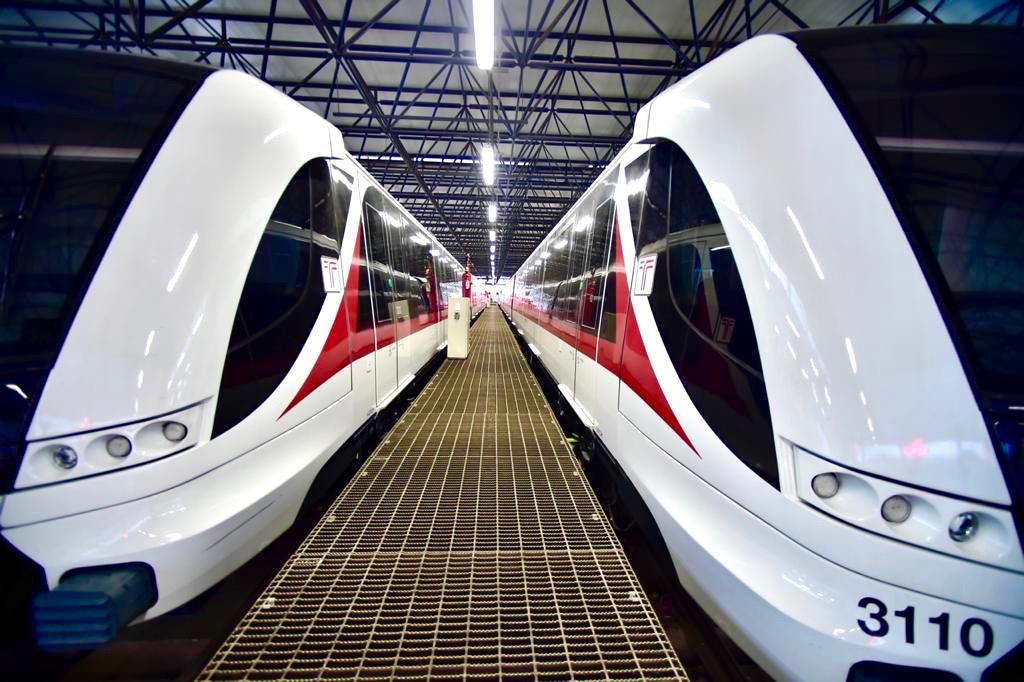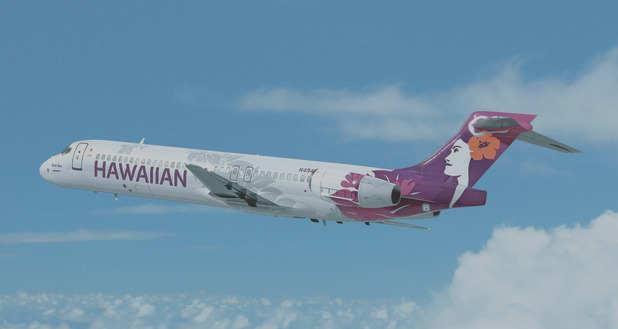– Inauguration of a landmark mobility project for the State of Jalisco in Mexico

Alstom has officially delivered Line 3 of Guadalajara urban transportation network, a new line expected to carry around 230,000 passengers daily. The line covers nearly 21 kilometres, covering 18 stations through the cities Zapopan, Guadalajara and Tlaquepaque. It will be operated by the local operator SITEUR (Sistema del Tren Eléctrico Urbano – Urban Electric Train System).
In 2014, Alstom was selected by the federal Secretaría de Comunicaciones y Transportes (SCT – Communication and Transportation Ministry) to provide an integrated system for the Guadalajara network extension. The project, representing a nearly €330 million investment (with €240 million for Alstom), will enhance mobility services for residents across the State of Jalisco, providing significant social and economic benefits.
“Line 3 is designed to be 100% accessible to all, with spaces for people with disabilities inside the cars and dedicated infrastructure at all stations. The line is an example of a modern, inclusive transport system that offers passengers a reliable, safe and comfortable travel experience while remaining environmentally sustainable,” said Maite Ramos, Managing Director of Alstom Mexico.

“We congratulate everyone involved in the inauguration of this very important project for Jalisco. Without a doubt, it will greatly benefit all the State’s residents, changing the way they travel and improving their lifestyle. Alstom’s efficient work to carry out this project saw the company’s experience and commitment contribute to improving the quality of life of residents and proposing complete safety in their travel,” said Manuel Gomez Parra, General Director of Railway and Multimodal Development of the SCT.
The 2014 contract included the supply of 18 Metropolis trains, communication systems, the high-voltage and traction substations, and traffic control systems based on Urbalis 400, Alstom’s CBTC system. The trains are equipped with air conditioning, video surveillance, and passenger information systems.
With these projects, Alstom reaffirms its commitment to continue to lead the way to greener and smarter mobility around the world, developing and commercializing integrated systems that provide the sustainable foundation for the future of transportation.
Alstom has been present in Mexico since 1968, with the development of the first metro line in Mexico City. Since then, it has been an important ally for the development of mobility and urban connectivity, as well as the economic growth of the states of the country where it operates. For 52 years, Alstom has pioneered the introduction of metros and its maintenance in Mexico City, Monterrey and Guadalajara. In addition, the company has developed signalling systems and maintenance services for trains and infrastructure for the main railway companies in the country.

















